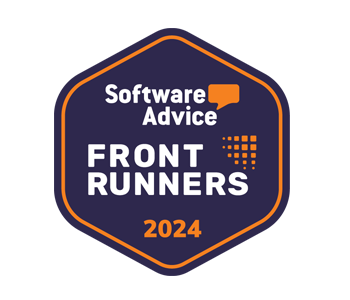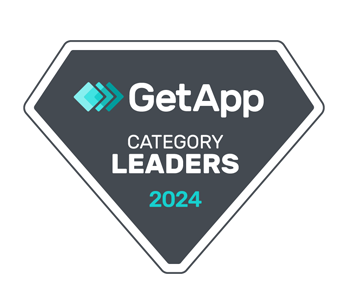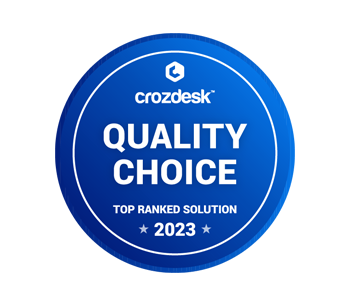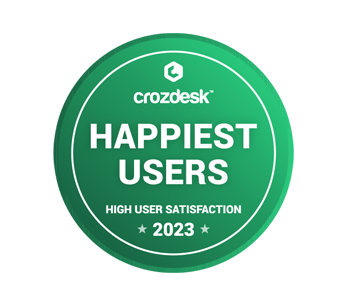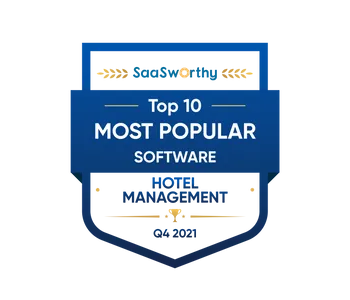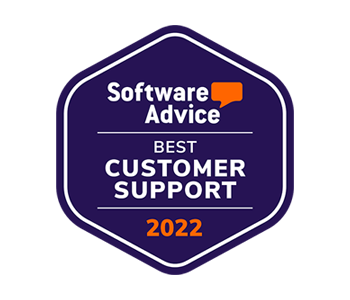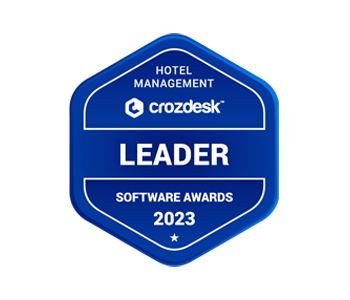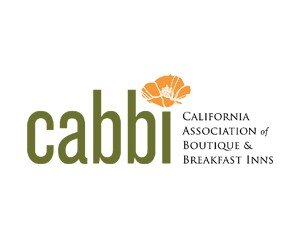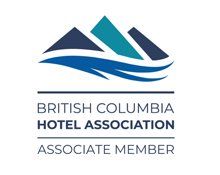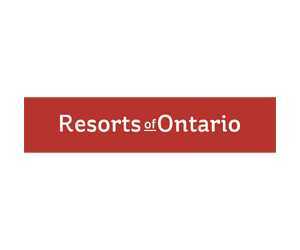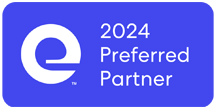In an OTA-dominated online hotel market, every property strives for more direct bookings. While OTAs and traditional travel agents are effective for increasing occupancy and exposure, direct bookings boast the lowest cost of acquisition and are better for a hotel’s bottom line.
Here are 11 practical ways lodging operators can tip the scales in favor of direct bookings…
- Use Your Data to Identify Customer Segments and Your USP
Data is essential to driving direct bookings. A hotel’s data can help answer two fundamental questions: who are your guests and why do they choose your property? Identifying your property’s most profitable customer segments and unique selling points (USP) is key to driving relevant marketing and sales efforts that generate direct bookings. For more information on this topic, read our blog post about how to use PMS data to drive bookings.
- Maintain a Compelling and User-Friendly Website
A hotel’s own website is another crucial component of any direct booking strategy. To keep customers on your site, convey the genuine story or experience of staying at your property. Use your property’s customer segments and USPs to guide content. A simple, attractive design, quality images, captivating copy, online bookings, and user friendliness are key elements of a successful website that turns lookers into bookers.
It’s also very important to ensure that your website functions well across devices. It should be easy to navigate with clear calls to action and should load fast on both desktop and mobile. Nothing puts visitors off faster than a slow, confusing site.
Use Google Analytics to track visitor metrics such as time on site and conversions to help identify pages that need improving. Google also offers a helpful Mobile Friendly Test for websites.
- Offer Online Bookings
Most travelers turn to online channels to research and book travel nowadays, so providing direct online bookings on your website is a no-brainer. The easier it is to book, the more customers will convert. This means an online booking widget or “book now” button that is displayed prominently on all pages of your website, a simple booking process ideally limited to 2 or 3 steps, security signals that assure customers the process is secure, mobile-optimized booking forms, and automatic booking confirmation. Approximately half of travelers who book travel online do so using a mobile device, so user-friendliness across devices is crucial for increasing conversions.
Lodging operators should also ensure that their direct online booking engine is commission free and integrated with their property management system.
- Add Value
Offering value-added packages or booking add-ons through your website that are not available on OTAs can help encourage customers to book direct, but be careful not to overwhelm them with too many choices (too many choices make booking decisions more difficult and can actually block the path to purchase). Consider offering perks for booking direct (like free parking or a complimentary drink at the bar) and advertise the benefits of booking direct on your website.
- Offer Discounts to Limited Audiences
While OTA rate parity agreements prevent properties from offering lower rates on their own website, lodging operators can offer discounts to limited audiences such as email subscribers, social media followers and loyalty program members. Offering special deals to these groups is an effective way to stimulate direct bookings — after all, who doesn’t like exclusive discounts? Special rates can be accessed via a discount code that can be entered into a hotel’s direct online booking form or redeemed over the phone.
- Take Advantage of Social Media
In addition to enticing social media followers with special offers, hotels can and should drum up interest and website click-throughs by posting engaging content on their social media channels. Share blog posts, photos and videos about your destination and property, and link back to relevant pages on your website whenever possible — like your blog, local events listing page, attractions and activities page, special packages, etc. Keep your customer segments and USPs in mind when creating social media posts for optimal engagement.
- Make and Share Videos
There are over four billion video views EVERY day on YouTube! People love videos. Video is a major source of travel inspiration so it makes a lot of sense for hotels to include video in their marketing efforts. Adding videos to a property’s website helps to engage visitors and increase time on site. Posting videos on YouTube and other social media channels does wonders for engagement (and reach) there too — just be sure to link back to your website (where your “book now” button awaits!).
- Offer a Loyalty Program
Customer loyalty programs aren’t just for big chain hotels; they are relevant to any property that wants to encourage repeat business. Loyalty programs incentivize guests to book direct to earn and redeem points and to receive special perks or discounts. Some property management systems like WebRezPro offer integrated loyalty program functionality, and solutions like Preferred Patron and Stash Hotel Rewards specialize in simplifying guest rewards management for independent properties.
For more information on the subject, read our blog post about how to design a loyalty program that is relevant to today’s guests.
- Remarketing
No matter how awesome your website is and how easy your online bookings are, there will always be website visitors that abandon the booking process part-way through. One way to bring them back is with remarketing. If you’ve never considered remarketing before it is worth putting some thought into; remarketing allows you to re-engage customers that are already at the edge of converting — after all, you almost had them! By adding special code to your website, you can track website visitors who abandon bookings and then show them customized ads online or on social media after they leave your site to bring them back. It might sound complicated, but it’s not. Google AdWords and Facebook’s Custom Audiences are two good places to start.
- Include Social Proof on Your Website
User-generated content (UGC) is the most trusted form of marketing — it’s word of mouth in digital form. Reviews in particular help convert lookers into bookers, so including guest reviews on your website helps keep customers on your site to book direct. Other forms of social proof, like social media follower counts and trust symbols like TripAdvisor badges and rating widgets, work well to convert customers while they are on your site.
- Be Accessible
OTAs have become so popular among travel bookers because they make it so easy to book. If properties make it just as easy to book direct, more travelers will do so. In addition to an easy-to-use direct online booking process (that is also mobile friendly), lodging operators should make sure contact details are prominently displayed on all pages of the property’s website and booking process, inviting customers to reach out to the property via the method they prefer — whether that’s email, phone or text messaging.
While OTAs will always play an important role in online distribution, reducing dependency on OTAs and increasing direct revenue will result in a healthier bottom line for hotels. The effort is worth it!








